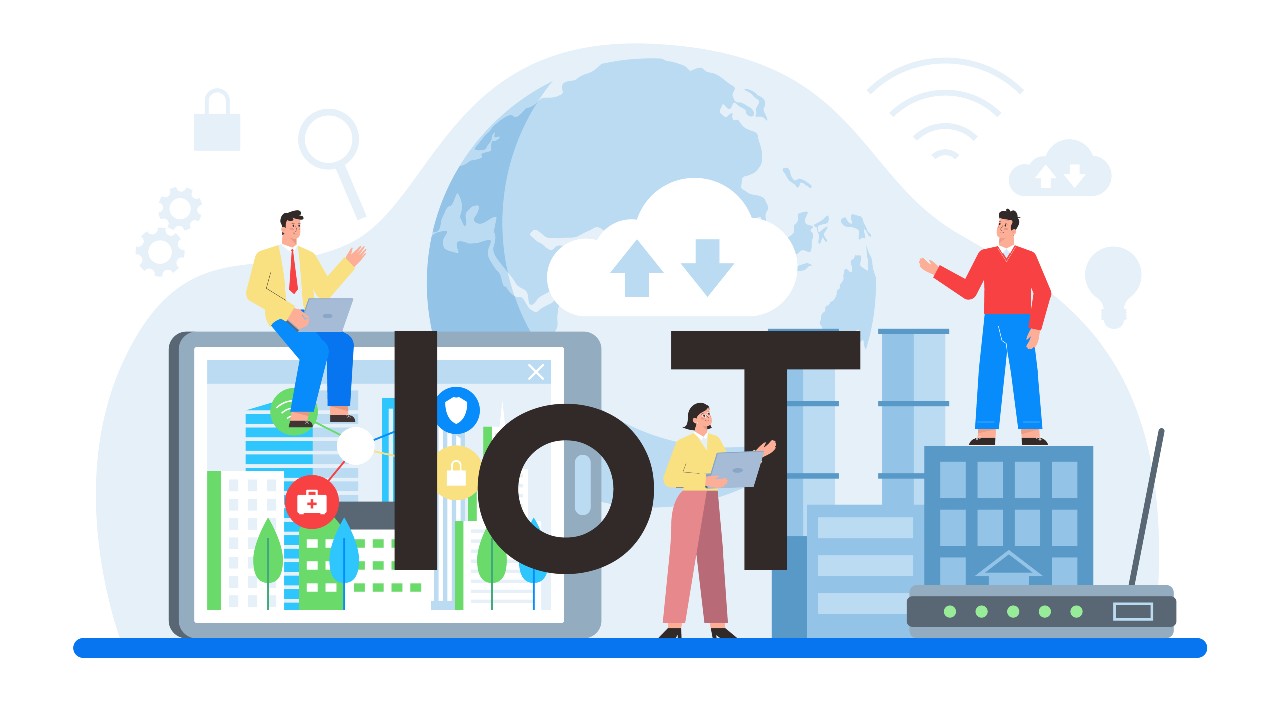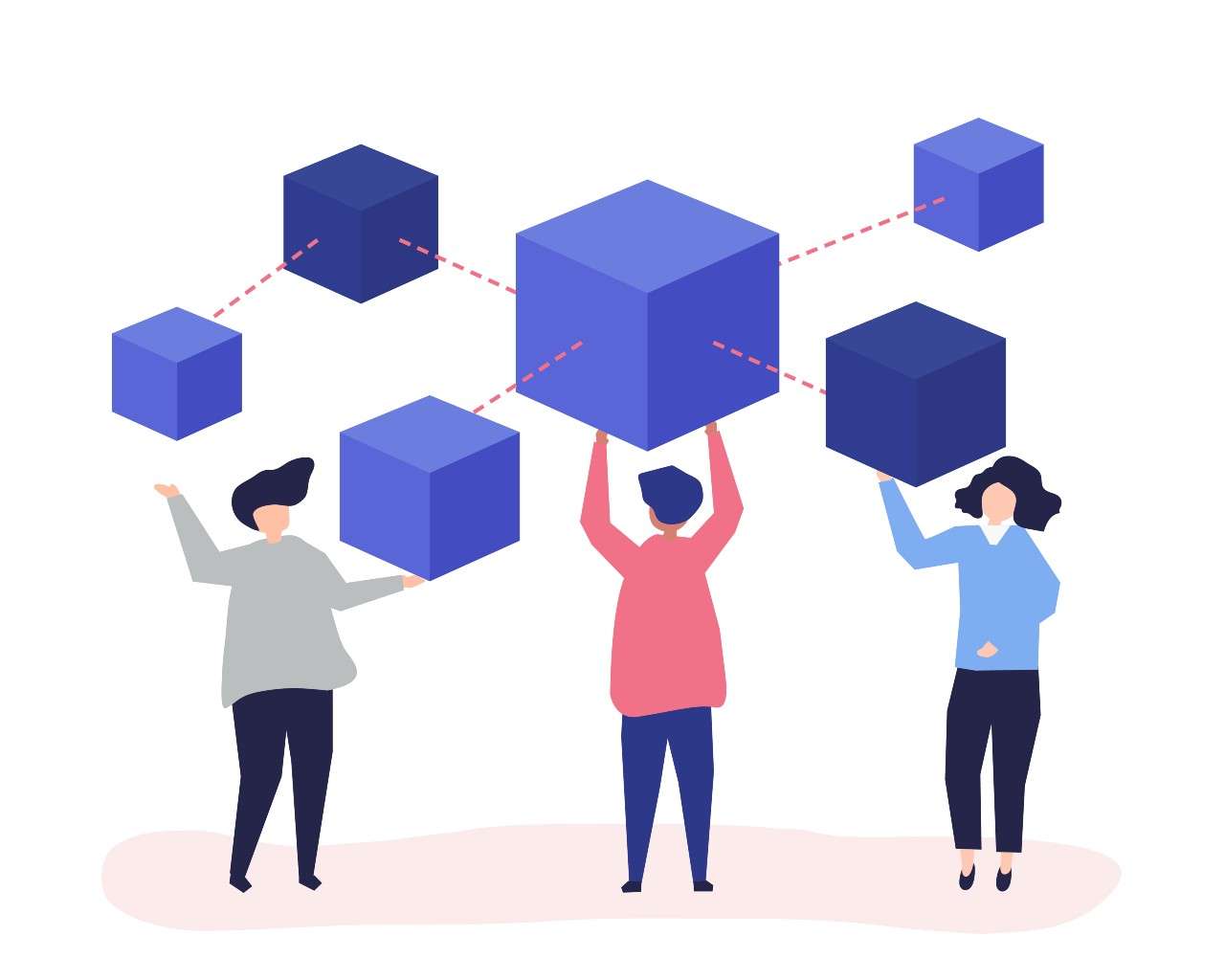When developing an IoT platform, there are several key considerations that need to be taken into account. These include:
- Scalability: IoT platforms need to be able to scale to accommodate a large number of devices and data generated by these devices. This requires designing a platform architecture that is scalable, with the ability to handle large amounts of data and traffic.
- Security: IoT platforms are vulnerable to security threats, which can compromise the privacy and security of the data generated by connected devices. Therefore, security must be a top priority, with robust authentication, access control, and encryption mechanisms in place to protect data.
- Interoperability: IoT devices are often developed by different manufacturers, and may use different communication protocols and data formats. Therefore, it is important to ensure that the platform can support interoperability between devices, regardless of their manufacturer or communication protocol.
- Data Management: IoT platforms generate large amounts of data, which needs to be managed effectively. This includes the ability to store, process, and analyze data in real-time, and to derive actionable insights from this data.
- Analytics: IoT platforms need to be able to provide real-time analytics on the data generated by connected devices. This requires the use of advanced analytics tools, such as machine learning and predictive analytics, to derive insights and make decisions in real time.
- Integration: IoT platforms need to be integrated with other enterprise systems and applications, such as ERP, CRM, and other data sources, to ensure that they can deliver value across the enterprise.
- Ease of Use: IoT platforms need to be easy to use and intuitive, with user-friendly interfaces that enable users to interact with the platform and derive insights from the data generated by connected devices.
- Cost: IoT platforms can be expensive to develop and maintain, so cost considerations are important. It is important to choose a platform architecture that is cost-effective, with the ability to scale as needed, and to select technology partners that offer affordable pricing and support services.
- Compliance: IoT platforms are subject to various regulations and compliance requirements, such as GDPR and HIPAA. Therefore, it is important to ensure that the platform is compliant with these regulations, and that appropriate safeguards are in place to protect data privacy and security.
In conclusion, developing an IoT platform requires careful consideration of a range of factors, including scalability, security, interoperability, data management, analytics, integration, ease of use, cost, and compliance. By taking these factors into account, organizations can develop a robust and effective IoT platform that delivers value across the enterprise.



